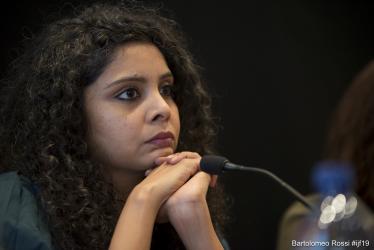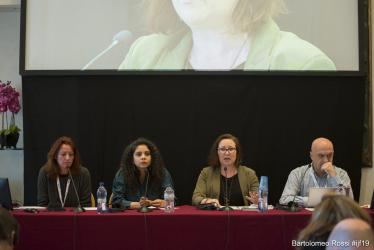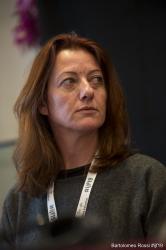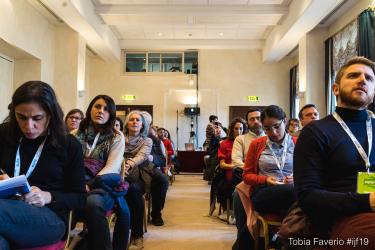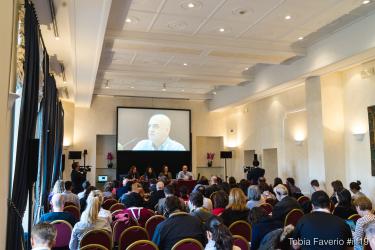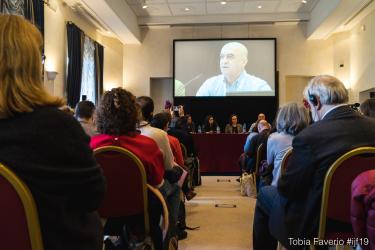In the Philippines, a coordinated campaign of “paid trolls, fallacious reasoning, leaps in logic, poisoning the well” were among “the propaganda techniques that helped shift public opinion on key issues” levied against Rappler. In Malta, coordinated hate campaigns organized on secret Facebook groups targeted blogger Daphne Caruana Galizia before her murder. In India, Rana Ayyub left the country after on online harassment campaign following her reporting on government corruption.
These are only a handful of the cases that the Committee to Protect Journalists and other organizations have documented in which state-affiliated trolling campaigns have targeted journalists in an attempt to intimidate and silence reporting on critical issues of public interest. This session will open with a brief overview of what existing research on state-sponsored trolling has found and remarks from the panelists about their own experience, including regional/national commonalities and differences and the impact this has on their ability to do journalism and cover topics of public interest. We will also explore how newsrooms responded, or not, to support these journalists, and how the freelance/staff dynamic that affect this. The conversation will include discussion of proposals for responses and solutions at the individual level, by newsrooms, and by platforms. It will identify potential areas for strategic collaboration and identify specific actions that could help move the community from the identification of the problem to solutions and coordinated action. The discussion will be solutions-oriented and grounded in a pragmatic approach to understanding how individuals and newsrooms can address and combat state-sponsored trolling
Organised in association with the Committee to Protect Journalists.



